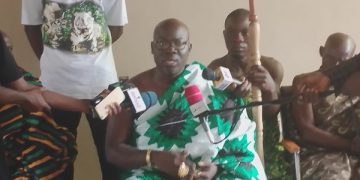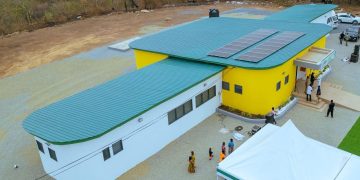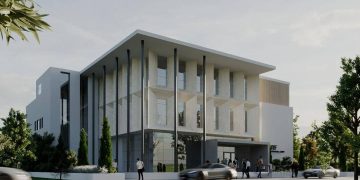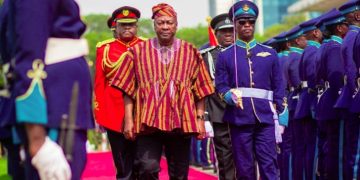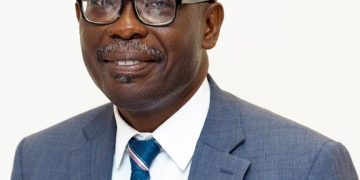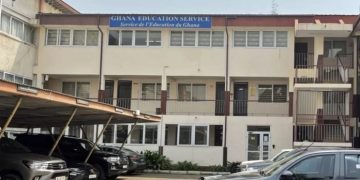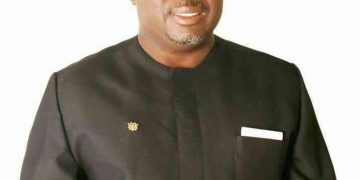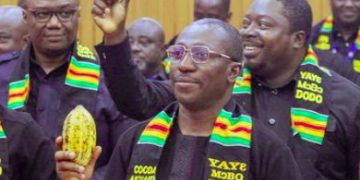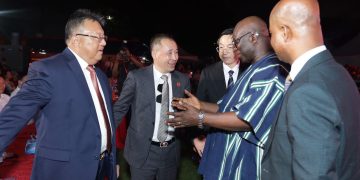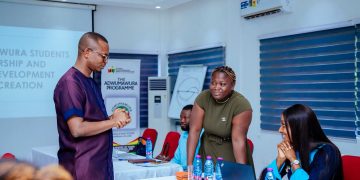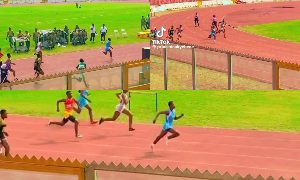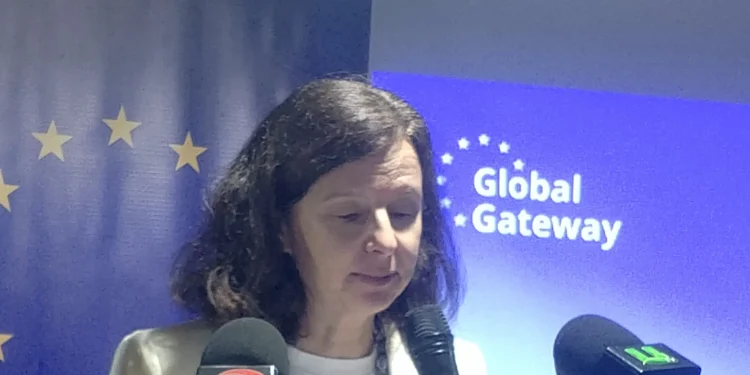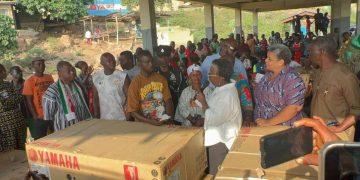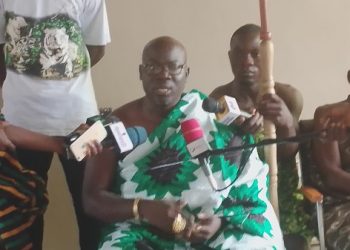The European Union has launched a €2.4 million forest restoration initiative aimed at rehabilitating 5,000 hectares of degraded forest land and strengthening the livelihoods of 20,000 farmers and rural dwellers across Ghana.
The project was introduced at the Forest Research Institute of Ghana (FORIG) in Fumesua, in the Ejisu Municipality of the Ashanti Region.
Ghana’s forests play a critical role in biodiversity conservation, climate resilience, water and food security, and serve as an economic backbone for many rural communities.
However, decades of pressure from illegal mining, unsustainable farming practices, logging, and wildfires have left large portions of the country’s forest cover severely depleted.
In response, the EU is providing a grant of €2.4 million (GH₵31 million) to four local non-governmental organizations to spearhead restoration efforts.
The beneficiary NGOs include Goshen Global Vision, tasked with community landscape restoration; the Nature & Development Foundation, which will lead agroforestry initiatives; Proforest Initiative Africa, focusing on restoring degraded landscapes in Asunafo; and World Vision Ghana.
The project mandates these organizations to prioritize women and youth while promoting sustainable livelihoods and resilient communities.
Implementation will take place in the Ahafo, Bono East, Upper East, and Western Regions.
At the launch, Ms. Paulina Rozycka, Head of Infrastructure & Sustainable Development at the EU Delegation to Ghana, said the initiative forms part of the EU’s Sustainable Forest and Cocoa Programme, which supports climate-smart agriculture and resilient landscapes.
She noted that forest degradation poses significant risks to ecosystems and economies, adding that the project aligns with the government’s “Tree for Life” programme to restore lost forest cover.
She highlighted Ghana’s progress in forest governance, pointing to the commencement of FLEGT licensing for timber exports to the European Union. “This license attests to Ghana’s commitment to forest law enforcement and better governance within the sustainable development agenda,” she said.
Deputy Director of FORIG, Dr. Lucy Amissah, identified illegal mining and farming as major drivers of forest loss and expressed optimism that the new initiative would encourage responsible land use.
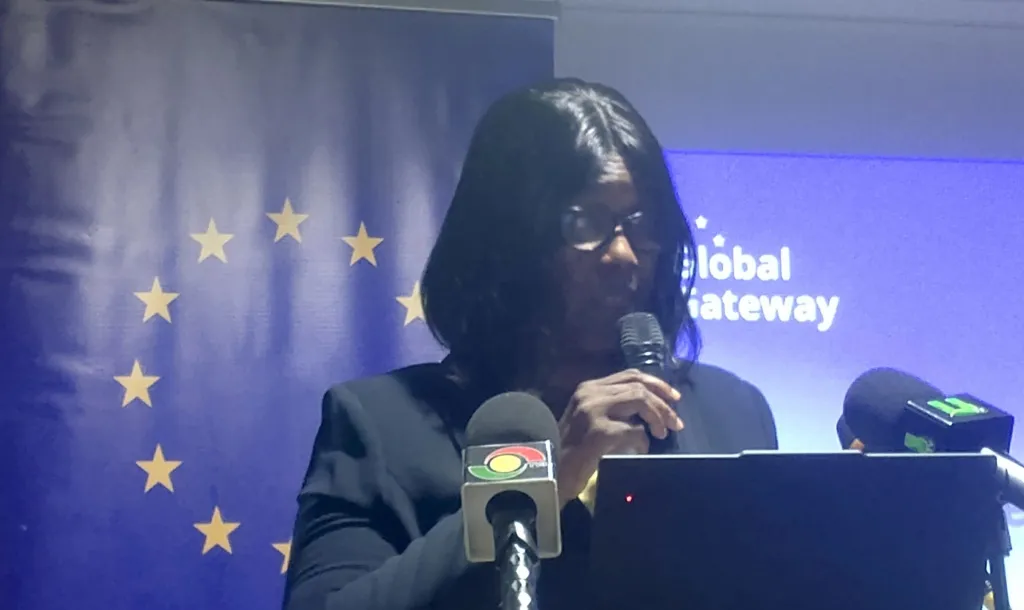
“Today marks another milestone in Ghana’s efforts to restore degraded forests and landscapes,” she said, commending stakeholders for their commitment to environmental protection and youth and women empowerment.
Mrs. Valerie Fumey Nassah, representing the Forestry Commission, reaffirmed the Commission’s support, noting that the project aligns with its mandate to manage Ghana’s forests for the benefit of all.
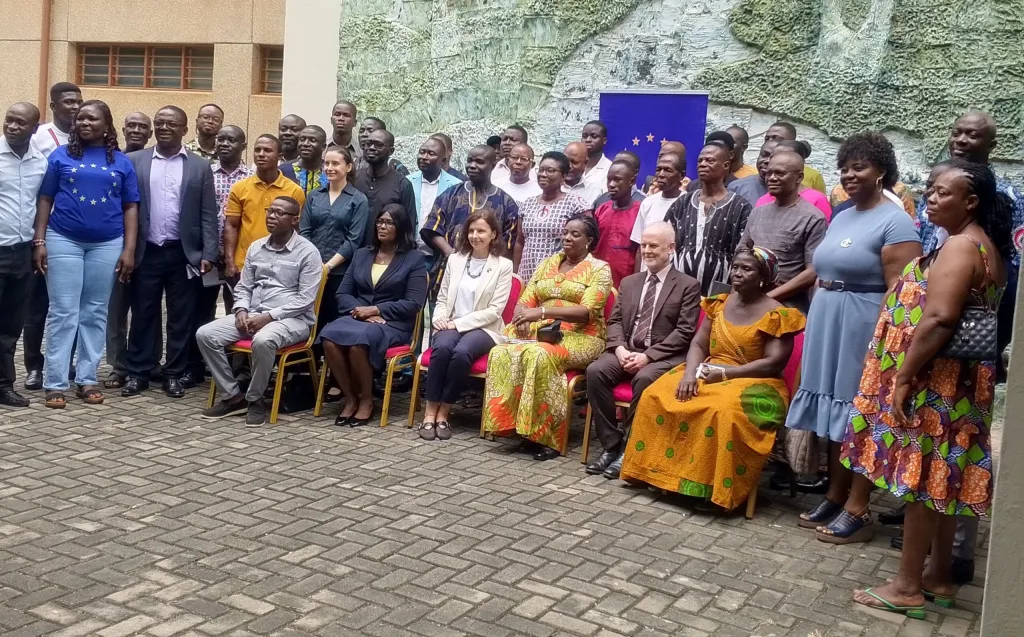
To symbolize the beginning of the initiative, dignitaries planted trees on the FORIG compound.
Source: www.kumasimail.com


